When someone becomes our patient, we enter into a collaboration with them. While we offer up our expertise and experience, we always want to make sure the patient has their say in the type and design of device they are getting. Sometimes this customization is as critical as the patient needing a device that enables them to get back to work. Sometimes it’s as basic as choosing a color for their silicone socket. Or maybe they want to use their prosthesis to show the world what they are passionate about. In this article, we’ll explore several design choices our patients have made and look at their definitive prostheses, that is, the devices they went home with.
Let’s start small. People often ask us about getting fingertip prostheses that look like the real thing. The reasons can be both cosmetic and practical. Sometimes people want to be able to look down and see a complete hand — this can help with their mental health and help keep questions from strangers at bay. People also request fingertip devices for practical reasons like being able to reach the keys on a piano, wind instrument or a computer keyboard. You can find two different examples below:
But often, our patients are more interested in function than form. A passive device like the one below is not only very sturdy but can be positioned by the person’s sound hand or when pressed against a surface. This feature helps with gripping an object, tapping a keyboard and other common tasks.
When a patient wants to return to work, we do whatever we can to facilitate that desire. In the case of the patient who received the prosthesis pictured below, they needed to be able to hold, carry and manipulate objects with their prosthesis. What they needed was their bimanual grasp restored, and it was critical that the device could be adjustable for a wide range of tasks. While this request would have been nearly impossible to fulfill as recently as five years ago, prosthetic technology has made advancements that allowed us to fulfill this patient’s request.
The color of the silicone that holds the device on their residual hand was specifically requested by the patient. In addition, our prosthetist, Julian, had to customize the alignment of the thumb and fingers to maximize the versatility of the device. The patient had about 40% of their thumb remaining, but they couldn't move it. Julian had to be very thoughtful about his approach to fitting the patient’s unique residual thumb when creating the prosthesis. This hand illustrates great examples of Point Design digits, along with the Point Thumb, Point Pivot and Rail — all part of the thumb and its movement track. The round dial on the back of the hand is a BOA System that allows the patient to don the device easily and adjust how tight or loose it fits.
Here are two more custom prostheses to check out:
Once it was determined that the patient would be receiving a bebionic multi-articulating myoelectric hand as the terminal device, it was time to consider what the frame of the prosthesis would look like. The patient picked a white frame with a red socket, then told us specifically which decals he wanted, what color they should be and where they should be placed. The device on the right was a test frame when the patient was considering which design direction he wanted to go in. When he asked for a Michael Jordan prosthesis, we knew we had to slam dunk this one for the GOAT!
In the image below, you’ll see a rising phoenix, which was very symbolic to the patient who requested it. Having a constant reminder that they can rise above adversity is helpful on a daily basis.
Can't get enough? You can find more creativity by and for our patients in our articles Creativity and Prosthetic Devices and Personalized Prostheses.
If you would like to discuss what your ideal prosthesis would look like with our upper limb specialists, please contact us. When we create a device for our patients, we don’t just fit them with it and wish them luck. Our clinical therapy specialists work with each patient to help them learn how to use their device. We also make sure to follow up with them and offer a lifetime of prosthetic care. If you have any comments about this article, please leave them below.


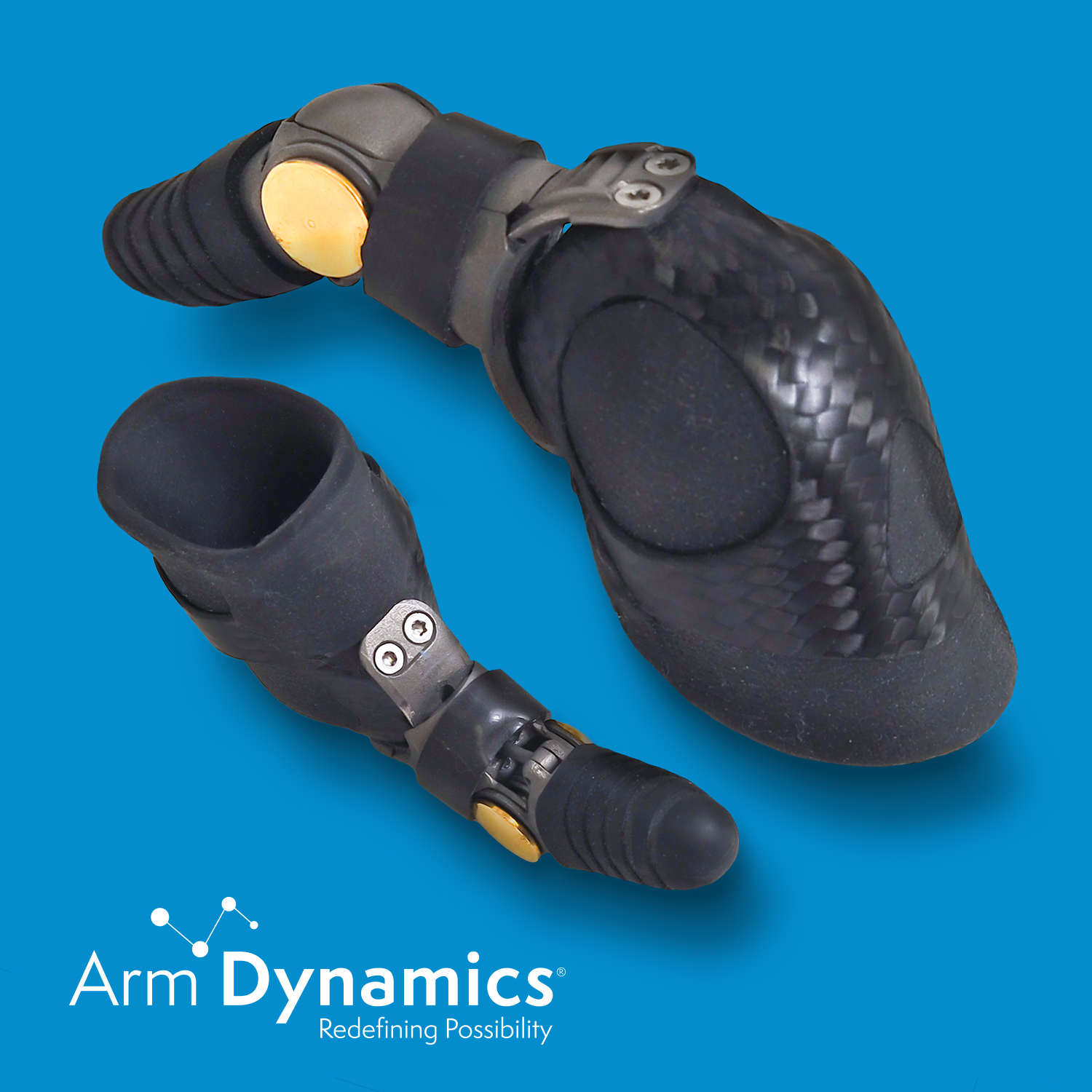
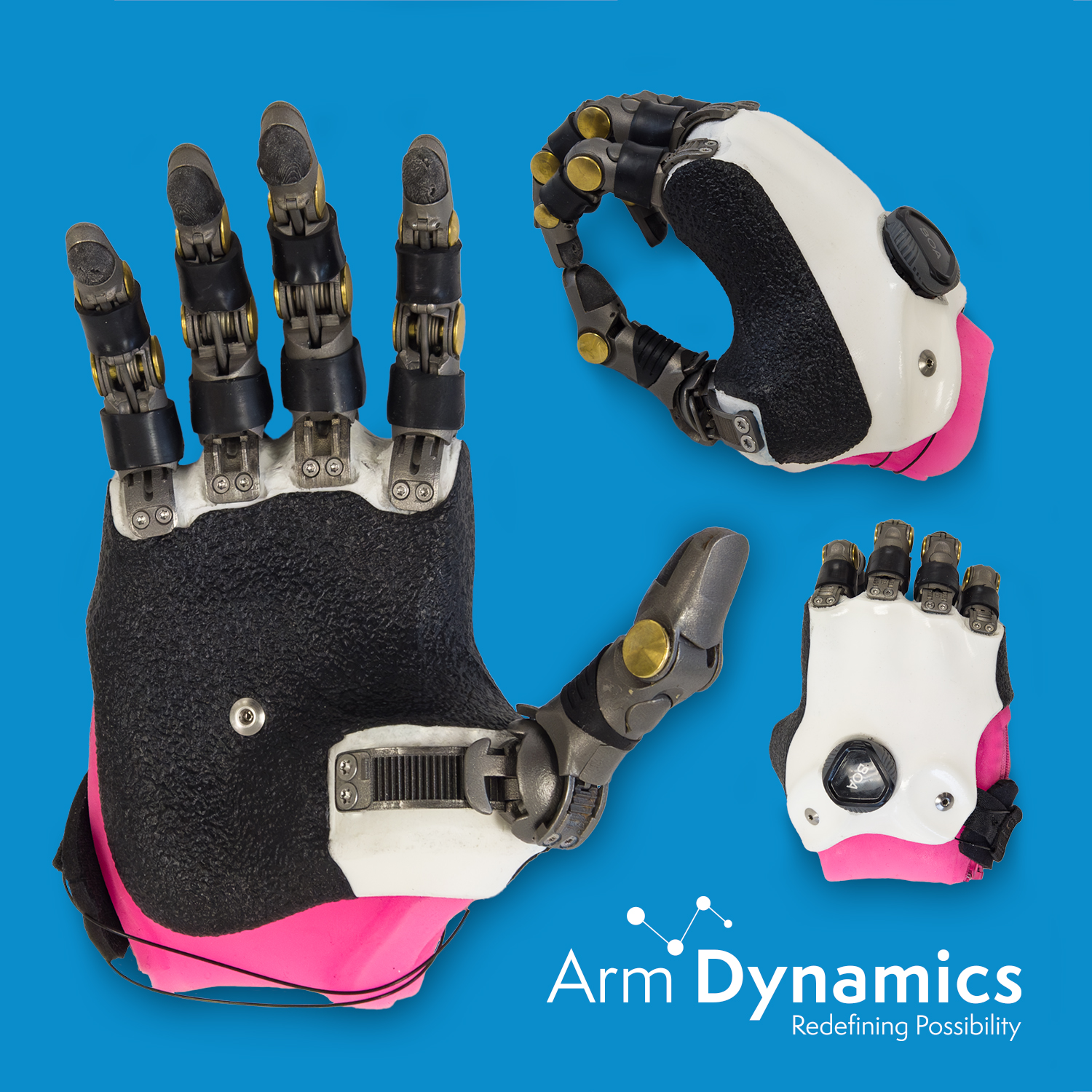
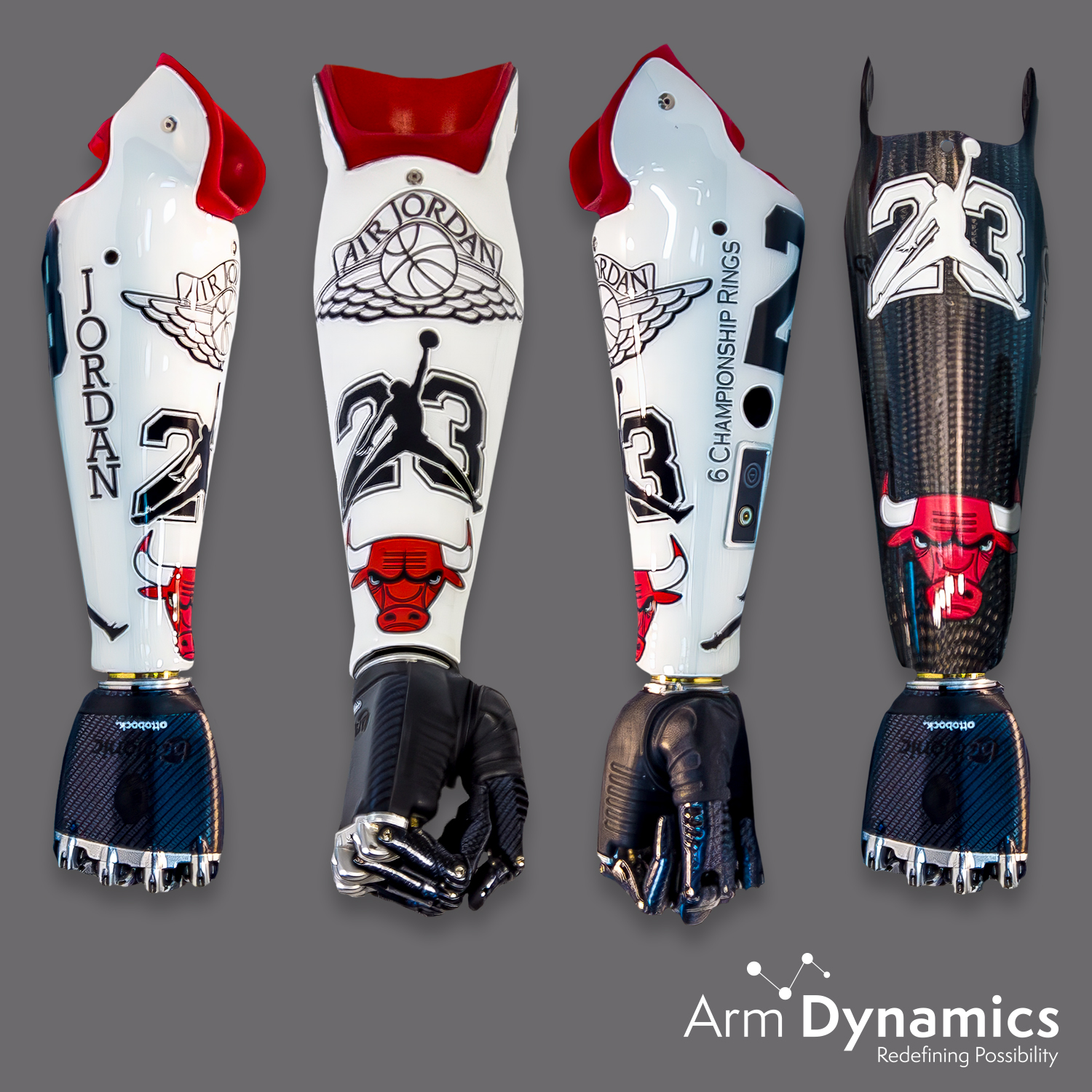
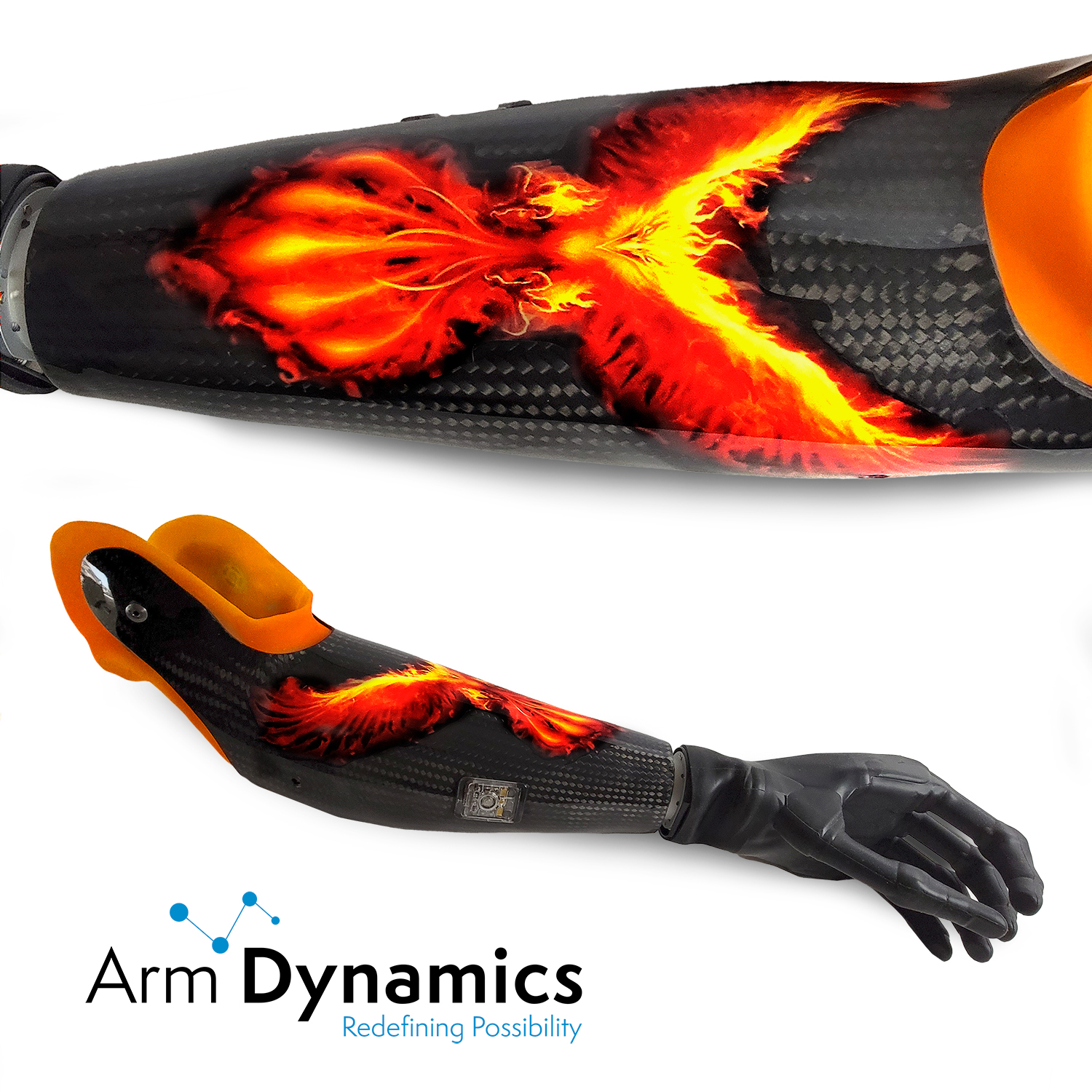


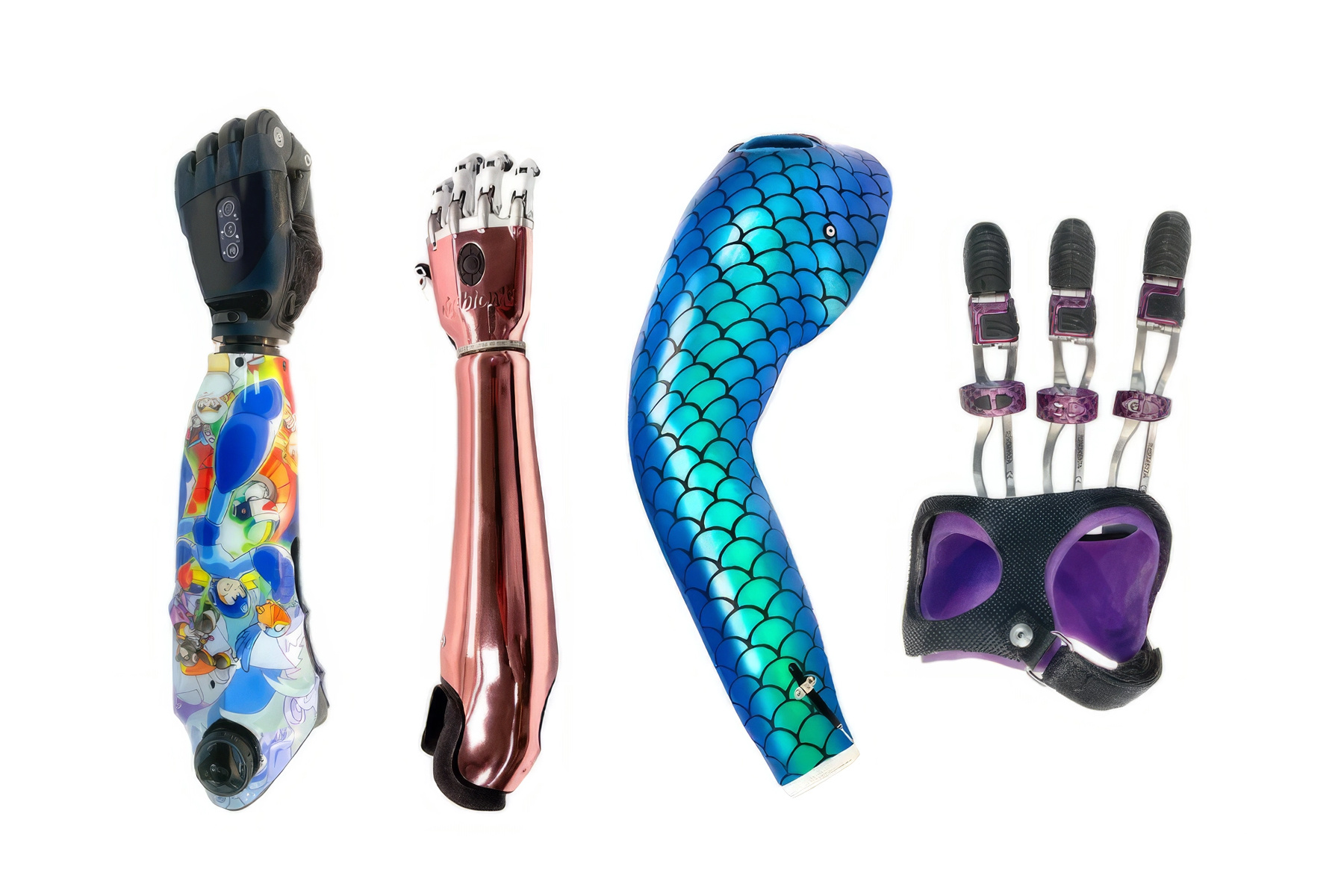
%20President%20and%20Senior%20Clinical%20Director.jpg?width=600&height=600&name=John%20M.%20Miguelez%2c%20CP%2c%20FAAOP(D)%20President%20and%20Senior%20Clinical%20Director.jpg)










No Comments Yet
Let us know what you think